General description
KCC2 is a member of the cation-chloride cotransporter gene family. It acts as a K-Cl cotransporters. KCCs normally lower intracellular chloride concentrations below the electrochemical equilibrium potential and depending on the chemical concentration gradients of potassium and chloride, KCC2 can operate as a net efflux or influx pathway. It is proposed to act as the main chloride extruder to promote fast hyperpolarizing postsynaptic inhibition in the brain. KCC2 is expressed at high levels in neurons throughout the nervous system and immunofluorescence shows that the protein is localized at inhibitory synapses of the spinal cord. Studies in mice have shown that KCC2 reduces GABA′s inhibitory signaling, resulting in motor defects, epilepsy, and anxiety-like behavior.
Specificity
Recognizes rat K+/Cl- Cotransporter (KCC2), Mr ~140 kDa. An unknown band >200 kDa was also detected.
Wide range of species cross-reactivity expected due to sequence homology.
Immunogen
N-terminal His-tag fusion protein corresponding to residues 932-1043 of rat K+/Cl- Cotransporter (KCC2).
Application
Immunocytochemistry:
This antibody has been reported by an independent laboratory to detect K+/Cl- Cotransporter (KCC2) in Madin Darby Canine Kidney (MDCK) cells at 1:200 dilution.
Research Category
Neuroscience
Research Sub Category
Ion Channels & Transporters
This Anti-K+/Cl-Cotransporter (KCC2) Antibody is validated for use in IC, WB for the detection of K+/Cl-Cotransporter (KCC2) with more than 15 product citations.
Quality
Routinely evaluated by western blot in rat brain membrane preperations.
Western Blot Analysis: 1.0 µg/mL of this lot detected K+/Cl- Cotransporter (KCC2) in rat brain membrane preparations.
Target description
140 kDa
Physical form
Format: Purified
Protein A purified
Purified rabbit polyclonal IgG in buffer containing 0.1 M Tris-glycine, pH 7.4, 0.15 M NaCl, 0.05% sodium azide and 30% glycerol. Liquid at -20°C.
Storage and Stability
Stable for 1 year at -20°C from date of receipt.
For maximum recovery of product, centrifuge the vial prior to removing the cap.
Handling Recommendations: Upon first thaw, and prior to removing the cap, centrifuge the vial and gently mix the solution. Aliquot into microcentrifuge tubes and store at -20°C. Avoid repeated freeze/thaw cycles, which may damage IgG and affect product performance. Note: Variabillity in freezer temperatures below -20°C may cause glycerol containing solutions to become frozen during storage.
Analysis Note
Control
Rat brain membrane preparation.
Other Notes
Concentration: Please refer to the Certificate of Analysis for the lot-specific concentration.
Legal Information
UPSTATE is a registered trademark of Merck KGaA, Darmstadt, Germany
Disclaimer
Unless otherwise stated in our catalog or other company documentation accompanying the product(s), our products are intended for research use only and are not to be used for any other purpose, which includes but is not limited to, unauthorized commercial uses, in vitro diagnostic uses, ex vivo or in vivo therapeutic uses or any type of consumption or application to humans or animals.
Shipping Information:
Dry Ice Surcharge & Ice Pack Shipments: $40
More Information: https://cenmed.com/shipping-returns
- UPC:
- 51171627
- Condition:
- New
- Availability:
- 3-5 Days
- Weight:
- 1.00 Ounces
- HazmatClass:
- No
- MPN:
- 07-432
- Temperature Control Device:
- Yes












